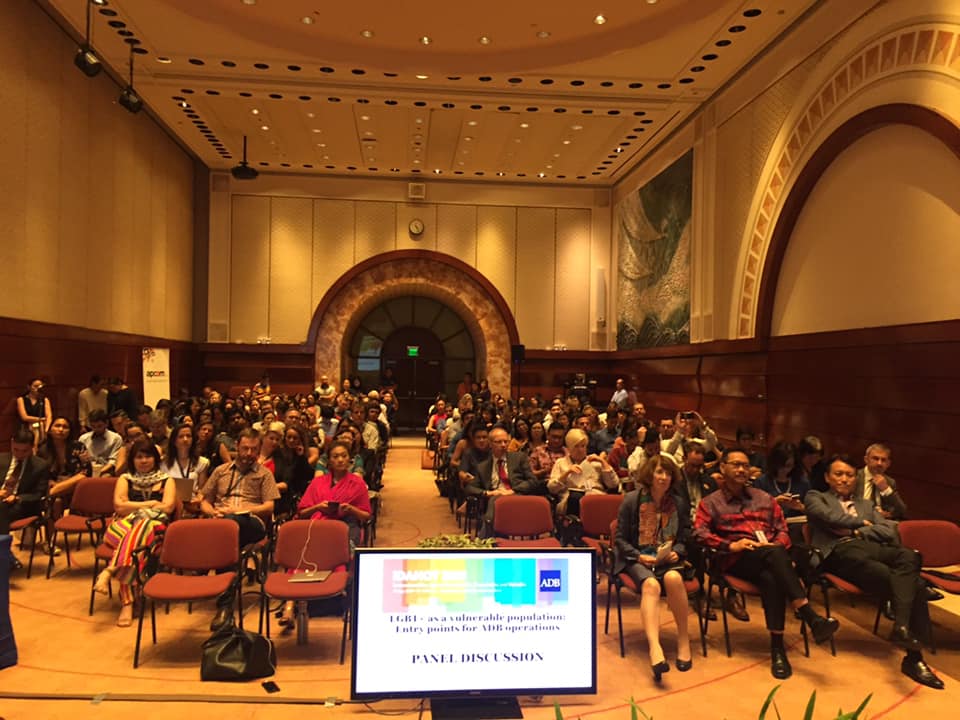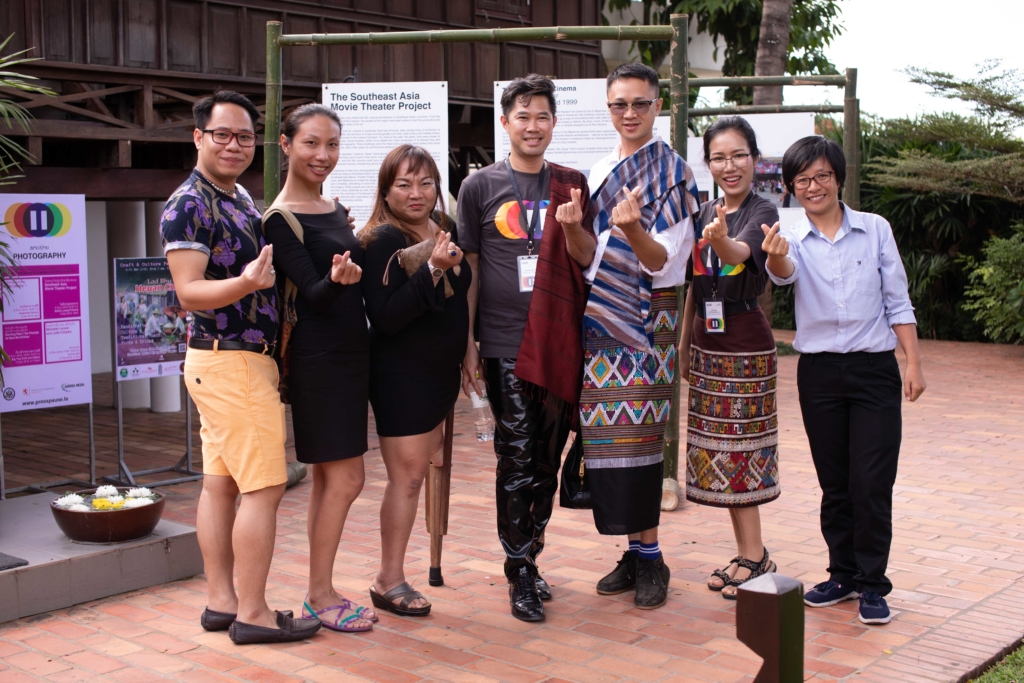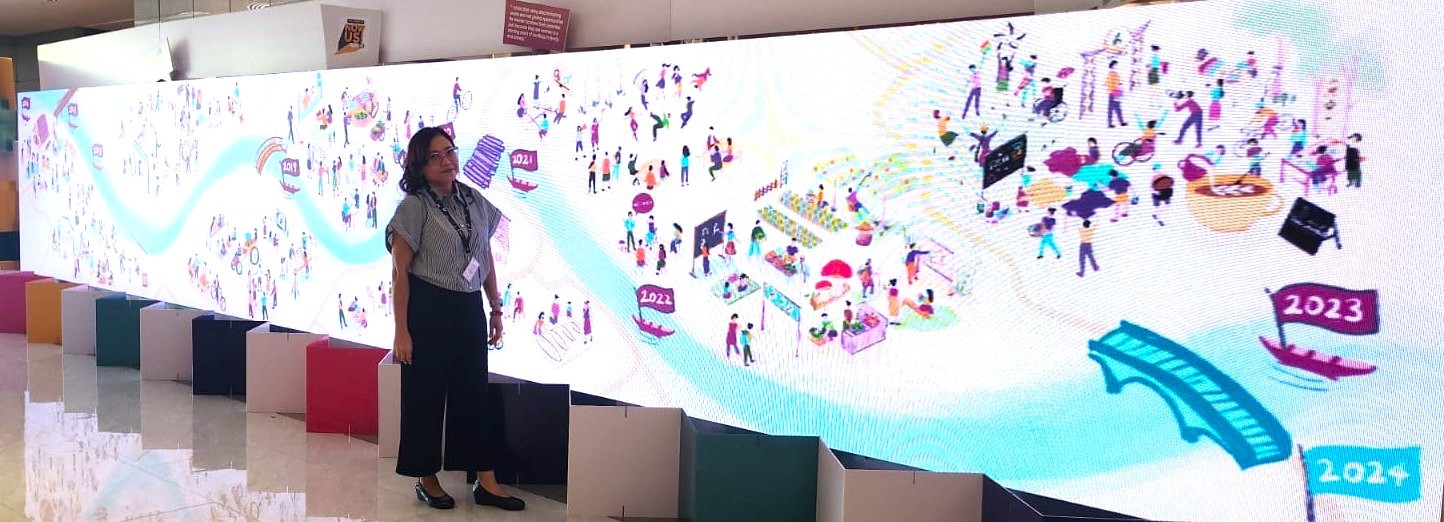Changing realities
The new “normal” for LGBTI communities
By Ramil Andag, SOGIESC Rights Officer, APCOM
The Asia Pacific Coalition on Male Sexual Health (APCOM), is a global influencing grantee for Voice that focuses on developing a LGBTQI inclusive approach in the financial sector. Recently, we carried out a rapid online survey to find out the status and effects of COVID- 19 in the countries where APCOM and our partners operates. The survey saw nine organisations and individuals participating, including the four partner organisations of APCOM in the implementation of Finance Inc. -project supported by Voice.
Unexpected realities
While you can read the full report of the survey via APCOM COVID-19 Effects Series we would like to mention a few highlights here.
- Effects on employment and loss of livelihoods: Closure of the establishments where LGBTQI people worked affected overall employment and the job security of LGBTQI jobs especially in entertainment and service industries, beauty salons and sex work. Even during ‘normal’ times, there is insecurity in employment based on a person’s SOGIESC, This insecurity has now been exacerbated by COVID-19.
- Effects on access to health services: COVID-19 and the responses from governments affected the overall access to health services required by Persons living with HIV/AIDS (PLHIV) and the mental health services being accessed by LGBTQI individuals, which at normal times is already challenging to get to.
- Effects on social well being: Limited support from families, especially for LGBTQI individuals whose relationships with their families are strained due to their SOGIESC. This is exacerbated in situations where LGBTQI individuals have to live in lock-down with their families
- Blame: Instances where LGBTQI are being ‘blamed’ for the COVID-19 pandemic
- Heteronormative responses: COVID-19 responses are commonly based on ‘heteronormative families’, thus excluding LGBQTI/non-heteronormative families from the responses.
Adapting to change
The report noted some adaptive measures being taken by community-based organisations to the current changing situations.
Below, some highlights are captured.
A number of partners have reduced their working days and working hours. Staff also have the option to work from home depending on their role in the organisation. Most of our partners have staff who are required to be in the office to continue the daily operations. In this case, there is the ongoing support of providing information and ensuring staff are following WHO-endorsed guidelines to prevent the spread of COVID-19 in the workplace.
Community-based organisations have invited all staff to carry out self-assessments and consult with human resources or management, in carrying out personal measures. Staff are also allowed to explore flexible or alternative working arrangements. For group activities that are implemented, social distancing is observed.
Only in cases deemed necessary are clients or patients allowed to come to the organisation for treatment. Counselling and medical advice are offered online. The official directives have forced community organisations to observe social distancing and coordinate remotely through mobile messaging applications. A few of our partners in Nepal and Sri Lanka have closed down their central and district offices as they could not deliver their services properly. The most affected ones are those that deliver treatment before curfew. In Indonesia, remote coordination is difficult for a community-based organisation that handles human rights cases personally.
The main strategy of the community-based organisations is to sustain operations and programmes as best as possible, which is determined by assessing risks of the pandemic to all activities and providing critical resolutions for the long term.
Plans for IDAHOT 2020
In previous years APCOM has had physical meetings in partnership with Asian Development Bank to mark IDAHOT.
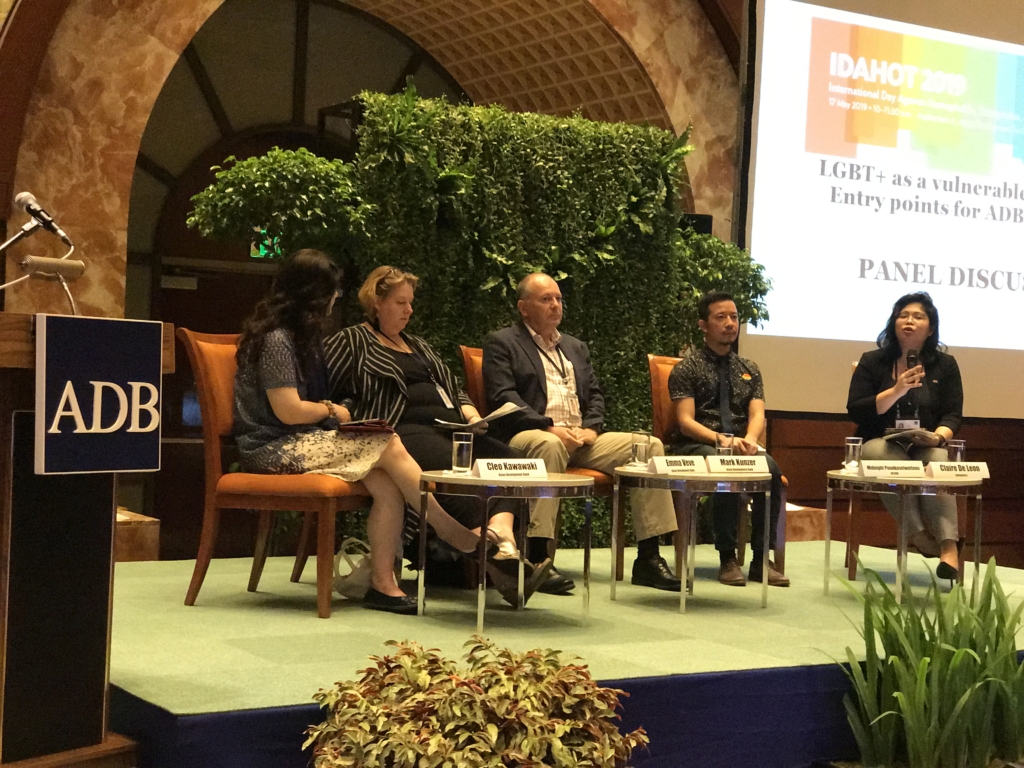
In recent online meetings with Finance Inc. partner organisations in Cambodia (Micro Rainbow International), Indonesia (Suara Kita), Lao PDR (LaoPHA now the Community Health and Inclusion Association ), and the Philippines (Babaylanes, Inc.), it was clear that most of them have shifted from their usual physical activities to online digital campaigns and other activities due to COVID-19.
These include photo campaigns on Facebook, webinars on various topics including LGBTQI inclusion in the context of COVID-19, health and well-being, among others.
Bridging the LGBTI Inclusion Data Gap session on May 20th
I believe that the session is recognition for more inclusive knowledge building. Meaningful involvement of LGBTQI organisations and communities not only as data sources but as experts in our lived experiences should be involved in all phases of knowledge building: design, implementation and analysis.
Ramil
The virtual session can be both a learning session and a venue to raise our concerns as there will be an opportunity to ask questions.
In a larger context, multilateral development institutions are reflecting on and rethinking how development can be more inclusive. This provides APCOM and other organisations to assert the need for meaningful involvement and partnerships with LGBTQI organisations in the discussions about inclusion.
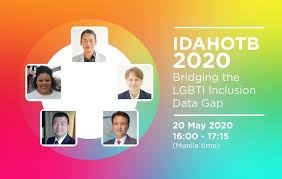
Please join the conversation during the IDAHOTB 2020 panel of the Asian Development Bank on Wednesday, May 20, 2020 at 4:00PM (Manila time). Details related to the virtual event are available here

